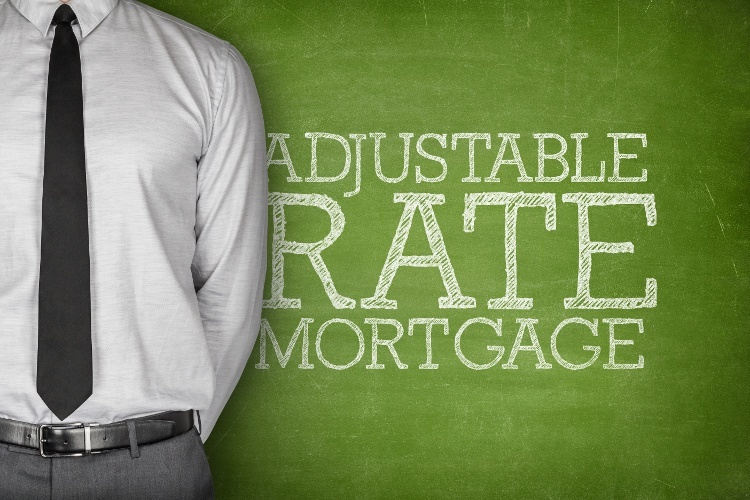Did You Know?: 4 Ways That a Real Estate Attorney Can Make Your Home Purchase Easier
 It is common for home buyers to take steps to keep their out-of-pocket expenses to a minimum, and many will try to avoid paying for optional services for this reason. While you may not want to pay for all optional services, there are some that can be truly beneficial to you even if they are not required. After learning more about the services provided to you by a real estate attorney, you may be ready to seek out these professional legal services for your upcoming purchase.
It is common for home buyers to take steps to keep their out-of-pocket expenses to a minimum, and many will try to avoid paying for optional services for this reason. While you may not want to pay for all optional services, there are some that can be truly beneficial to you even if they are not required. After learning more about the services provided to you by a real estate attorney, you may be ready to seek out these professional legal services for your upcoming purchase.
Explaining the Contract
A real estate sales contract can be confusing to understand because parts of it use real estate or legal jargon. Your real estate attorney can review the contract for you to ensure that your rights are protected, and he or she can also help you to better understand your obligations and requirements under the contract.
Assisting With Title Research
A real estate attorney can also assist you with researching the title. Everything from liens and covenants to easements and more may impact your ownership of the property. The real estate attorney will provide you with more information to ensure that you have title to the property free and clear.
Helping You With the Mortgage Documents
A mortgage is a legally binding agreement. You will be contractually bound by the terms of the mortgage. From the monthly payment obligation to the ability of the lender to foreclose on the property if you do not follow through on the terms of the mortgage, there are many legal nuances to consider. The real estate attorney can review these documents on your behalf before you sign them.
Representing You at Closing
Your closing is both a financial and a legal process. This is where you will sign all of the mortgage, title and sales documents to finalize the purchase. Generally, after closing, you will own the property and will be contractually tied to the mortgage. While many documents will be available for your attorney to review before closing, there may be last minute changes or other documents available at closing that your attorney has not reviewed. Your attorney can represent your interests and answer your questions at the closing table.
You do not need a real estate attorney to assist you throughout the purchase process. However, you can see that there are many beneficial services provided to you by an attorney. Contact your trusted mortgage professional for more information.

 There are a number of home maintenance tasks that are easy to forget about in favor of more obvious renovations, but forgetting to do some of them can end up costing you a lot down the road. If you’re hoping to keep your home in tip-top shape, here are a few tasks that you shouldn’t forget about.
There are a number of home maintenance tasks that are easy to forget about in favor of more obvious renovations, but forgetting to do some of them can end up costing you a lot down the road. If you’re hoping to keep your home in tip-top shape, here are a few tasks that you shouldn’t forget about. An adjustable-rate mortgage was once a great mortgage product, at a time when home buyers wanted to avoid locking in high interest rates. But with historically low interest rates now available to millions of buyers and rates expected to rise in 2017, lots of mortgage holders are trying to find a deal and negotiate better terms before rates go up. One great way to save on mortgage costs is to refinance your adjustable-rate mortgage.
An adjustable-rate mortgage was once a great mortgage product, at a time when home buyers wanted to avoid locking in high interest rates. But with historically low interest rates now available to millions of buyers and rates expected to rise in 2017, lots of mortgage holders are trying to find a deal and negotiate better terms before rates go up. One great way to save on mortgage costs is to refinance your adjustable-rate mortgage.